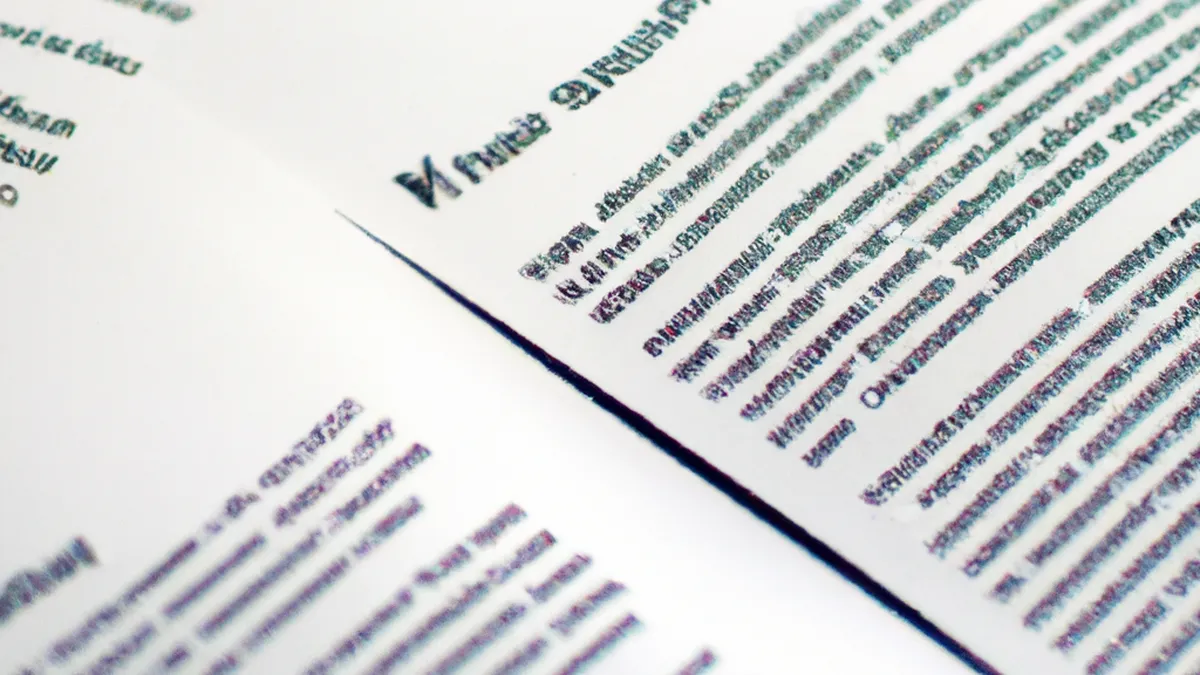Feel Empowered in Your Postpartum Body
Exploring Psychological Aspects of Core Restoration After Pregnancy
Pregnancy transforms a woman’s body and mind. New mothers often focus on physical recovery, but psychological aspects matter too. Understanding these aspects enhances core restoration after pregnancy. This blog explores the psychological journey during this critical time and provides practical tips.
The Emotional Rollercoaster of Motherhood
After giving birth, emotions fluctuate. Many women feel joy, but anxiety and sadness often accompany joy. The pressure to regain pre-pregnancy fitness can intensify these emotions. Acknowledge your feelings instead of dismissing them. Accepting your emotional state initiates healing.
Postpartum body image issues may arise. Women often feel disconnected from their bodies. This disconnection can frustrate core restoration efforts. Recognizing these feelings helps you find the right support and resources.
Understanding the Mind-Body Connection
The mind and body closely connect. When you focus on physical restoration, your mental wellbeing often improves. Conversely, negative emotions can stall physical recovery. Engage in activities that promote mental and physical health.
Mindfulness practices cultivate awareness of your body. Yoga, meditation, and deep breathing exercises ground you. These practices help you reconnect with your body and enhance your core restoration journey.
Seeking Support from Others
Isolation can hinder postpartum recovery. New mothers often struggle alone. Connecting with others makes a significant difference. Consider joining a support group or seeking therapy. Sharing experiences with other mothers provides comfort and insight.
Family and friends offer valuable resources. Reach out for help without hesitation. They may provide emotional support, practical assistance, or simply a listening ear. The more you open up, the more you find understanding and encouragement.
Practical Tips for Core Restoration
Restoring your core after pregnancy requires physical and mental strategies. Here are some practical tips:
1. **Set Realistic Goals**: Start with small, achievable goals. Celebrate milestones to boost confidence.
2. **Create a Routine**: Establish a consistent schedule for exercise and self-care. Routine fosters control and stability.
3. **Focus on Breathing**: Deep breathing exercises strengthen your core muscles. Practice diaphragmatic breathing to engage abdominal muscles.
4. **Incorporate Gentle Exercises**: Start with low-impact activities like walking or swimming. Gradually add pelvic floor exercises and core workouts as you feel comfortable.
5. **Track Your Progress**: Keep a journal of workouts and emotions. This practice helps you recognize patterns and celebrate improvements.
Embrace Self-Compassion
Self-compassion is vital during this journey. Understand that recovery takes time. Be gentle with yourself and avoid harsh self-criticism. Each mother’s journey is unique, and comparisons can be counterproductive.
Practice positive self-talk. Remind yourself of your strength and resilience. Acknowledge your progress, no matter how small. This mindset fosters motivation and encourages your core restoration efforts.
Benefits of Psychological Wellbeing in Core Restoration
Prioritizing psychological wellbeing enhances physical recovery. Here are some benefits:
1. **Improved Motivation**: A positive mindset increases your desire to engage in core exercises. You find it easier to commit to your routine.
2. **Enhanced Resilience**: Emotional strength helps you navigate setbacks. A strong mindset encourages perseverance through challenges.
3. **Better Body Image**: Fostering a positive relationship with your body promotes acceptance. Acceptance leads to more effective core restoration.
4. **Stronger Support Networks**: Prioritizing mental health encourages you to seek help. Building connections provides emotional support and encouragement.
5. **Overall Wellbeing**: Focusing on psychological health contributes to overall wellbeing. This balance creates a harmonious environment for physical recovery.
Conclusion
Restoring your core after pregnancy is a multifaceted journey. While physical exercises play a crucial role, psychological aspects matter too. Embrace your emotions, seek support, and practice self-compassion. Prioritizing mental wellbeing enhances your core restoration efforts.
Remember, every mother’s journey is unique. Celebrate your progress and be patient with yourself. With the right mindset and support, you will emerge stronger, both physically and mentally.
Below are related products based on this post:
FAQ
What are some common emotional challenges new mothers face after pregnancy?
New mothers often experience fluctuating emotions, including joy, anxiety, and sadness. The pressure to regain pre-pregnancy fitness can intensify these feelings. Acknowledging and accepting these emotions is essential for initiating healing and addressing postpartum body image issues.
How can mindfulness practices aid in core restoration after pregnancy?
Mindfulness practices, such as yoga, meditation, and deep breathing exercises, cultivate awareness of your body and promote mental wellbeing. Engaging in these activities can help you reconnect with your body, reduce negative emotions, and enhance your overall core restoration journey.
Why is self-compassion important during recovery after pregnancy?
Self-compassion is vital as recovery takes time and each mother’s journey is unique. Being gentle with yourself and avoiding harsh self-criticism fosters a positive mindset. Practicing positive self-talk and acknowledging your progress, no matter how small, encourages motivation and supports your core restoration efforts.















Post Comment